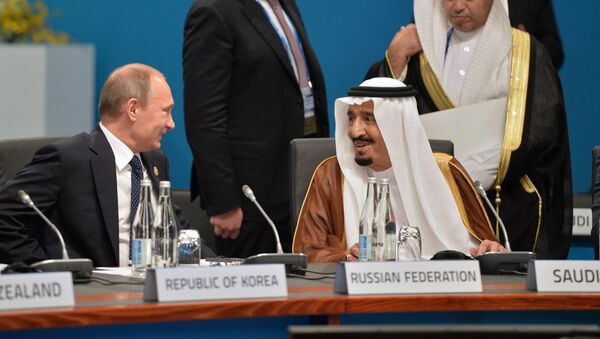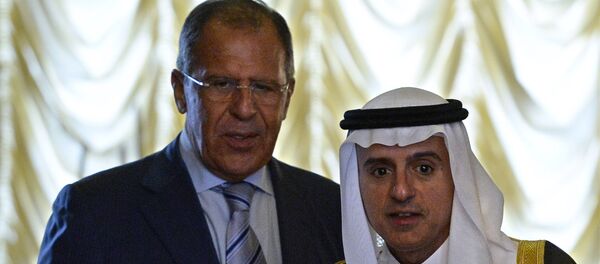Under his control, Riyadh has adopted a more assertive line in its global and regional policy. The kingdom started a military operation against Houthi rebels in Yemen, intensified support for Syrian militants and cut diplomatic ties with Iran.
At the same time, there is another visible trend – approaching with Moscow, despite the fact that Moscow supports some of Riyadh’s foes.
"Alliances of convenience are hardly new to the Middle East. The will to power of entrenched regimes often coexists with pragmatism, making strange bedfellows of sworn enemies," the article for Financial Times read.
Crown Prince Mohammed bin Salman is avidly building ties with Russia which were described as "functional and substantive" by Saudi officials. Among the issues on the agenda are the crisis in Syria, possible shipments of Russian weapons, investments to Russia as well as stabilizing global crude prices.
The stumbling block in ties between Moscow and Iraq was the future of Syrian President Bashar Assad.
However, according to a source in contact with the crown prince, last October Mohammed bin Salman met Russian President Vladimir Putin and told him: "We do not care about the Assads, we care about Iran."
In turn, Russian Foreign Minister Sergei Lavrov said in response: "We now have a much clearer vision of how to move along the path of political settlement."
A thaw in relations between Moscow and Riyadh signals that US influence in the region is waning, the article read.
After Washington began normalizing ties with Tehran and refused to directly become involved in the Syrian war, the "Saudis seem to have decided to work with Moscow, in the belief that it can influence Tehran," it concluded.




